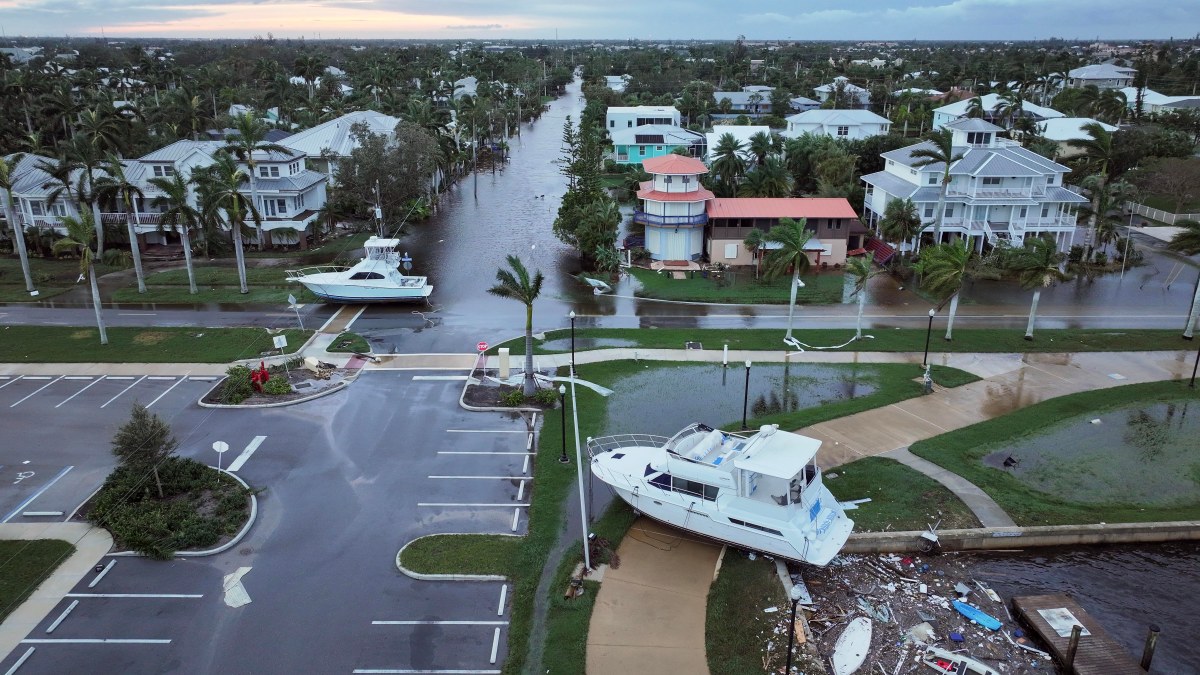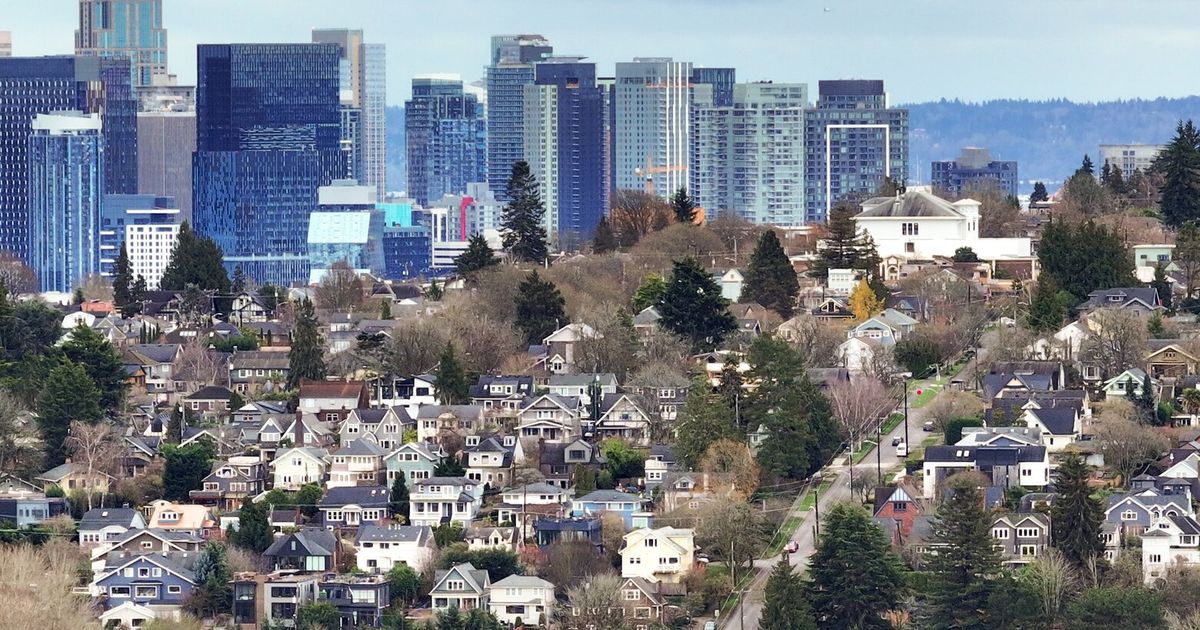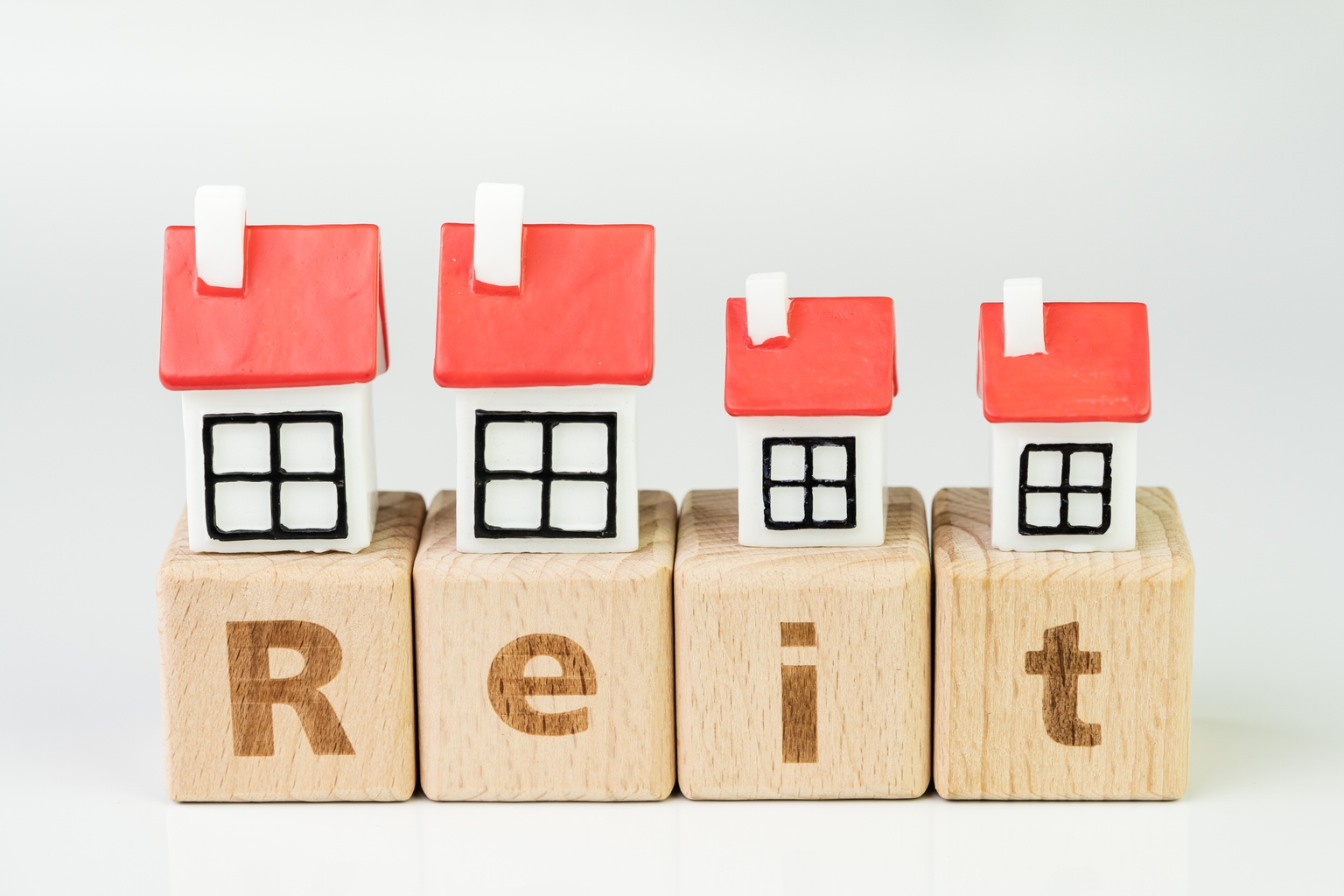S
usanne Perstad, a Swedish estate agent who has lived in Fort Myers, Florida for nearly 15 years, is witnessing the worst real estate crash in the country. The picturesque city on the southwest coast of Florida, which she compares to Venice due to its 60 miles of canals, is now plagued by an oversupply of properties. "We have 12,000 properties for sale," Perstad explained, "and five years ago, maybe there would be 30." This glut has led to a sea of red on real estate maps, with entire streets blotted out by "up for sale" properties.
David Burt, founder of investment firm DeltaTerra Capital, is sounding the alarm about climate change's impact on the housing market. He predicts that a fifth of America's 91 million homes will endure a price crash of 20-40% over the next five to six years, wiping out most of the net worth of a large swathe of the country. The cause? Not super storms or fires, but the soaring cost of insuring against them and the financial cascade that change will set in motion.
The reckoning is something that Jeffrey Gitterman, founder of climate-focused investment firm Gitterman Wealth Management, has been predicting for years. In 2019, he coined the term "The Great Repricing" to describe the inevitable surge in insurance rates in flood-prone states like Florida and fire-ravaged California.
Insurance is one of the pillars of the modern economy, but it's becoming increasingly unaffordable due to rising temperatures. Without it, people can't get mortgages, and without financing, there will be few buyers for houses, turning a family's nest egg into a stranded asset. The industry has begun to ring the alarm bell about this societal-level threat.
Fema introduced a new pricing regime for flood insurance in 2021, which has led to rates tripling or more. Estate agent Perstad's personal insurance bill has doubled from $3,200 in 2022 to $6,300. "If you have a mortgage, you have to have flood insurance," she explained. "A lot of people on a fixed income can't take that." As a result, people are selling their homes, and buyers are factoring in the higher ownership cost, leading to plummeting prices.
Prices in Punta Gorda, which was flooded last year after Hurricane Helene, have plunged 35% in the last year. And they keep falling. "The worst part is the people that bought the houses from 2020 and forward," Perstad said. "They are not going to get their money back." Burt estimates that insurers nationally are still underpricing risk by about $30 billion annually, which will have to be made up through rate increases.
The financial pain is already starting to reverberate far beyond the zones directly hit by a given disaster. The recent fires in southern California will cost an estimated $250 billion, making it the most expensive natural disaster in American history. State Farm, the largest home insurer in California, has applied for an emergency premium increase of between 17 and 38%.














